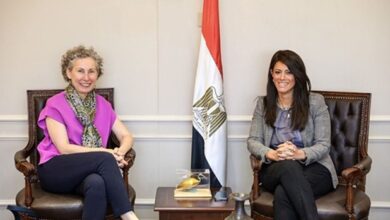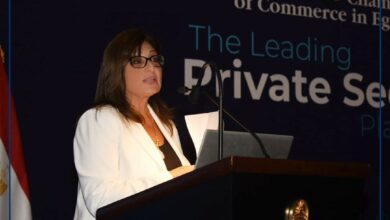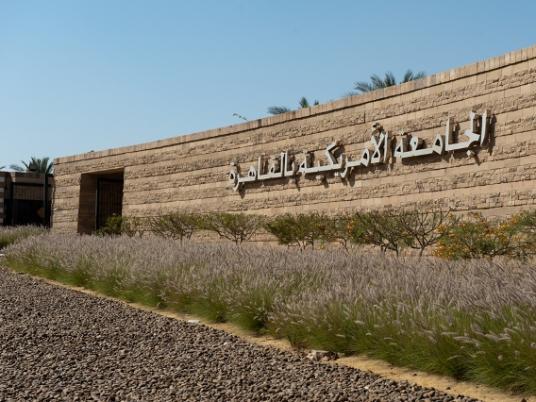
Egypt has the natural potential to become one of the world’s strongest energy players as it contains the three main natural elements to develop an abundance of energy: sunlight, wind and hydro-energy. Despite that, Egypt has been failing to provide a stable source of electricity to its ever-growing population. The country imports oil despite having the largest oil refinery in Africa, according to an American Security Project background report from 2015.
However, a recently announced project promises to provide the needed amount of clean, renewable solar energy to transform Egypt into a clean energy producer. The Benben SolarPark near the southern city of Aswan promises to transform Egypt into a major solar energy player in the world.
The ambitious project, set to be the largest solar park in the world, aspires to provide somewhere between 1.6-2GW of solar power by mid-2019. Egyptian officials believe the project will produce 20 percent of Egypt’s power through renewable energy by 2020, which will serve 350,000 Egyptians and provide eco-friendly and cost-efficient power.
The Benben complex aims to include 32 solar plants on a 37.2 square kilometer area and will churn out 1650 megawatts of electricity, according to the World Bank’s International Finance Corporation (IFC).
“The potential is endless,” Lamya Youssef, the head of private sector power at the state-run Egyptian Electricity Transmission Company, told the IFC website. “Because of the enormous increase in [Egypt’s] population, we need large investments in infrastructure, which the government cannot afford on its own. That’s why we need private sector investments,” she went on.
“Egypt’s reforms in its energy sector opened the door to private sector investments,” said Philippe Le Houérou, the CEO of IFC in a press release. “For the Benban Solar Park project, those reforms and our innovative financial tools have helped attract a number of investors and financiers into the country for the first time. This will create jobs for many Egyptians and provide clean and reliable energy for people across the country.”
Depending mainly on investments, the total cost of the project is expected to range between US$3.5 billion and US$4 billion, according to a report by the NREA. The area will host 41 separate but contiguous spots in which each investor will create their individual project. These spots will be connected through a high-voltage network through four new substantiations. These substations will, in turn, be connected to an existing 220 kW line, which passes nearby the Benban site at a distance of approximately 12 km.
At a later stage, EETC may also construct an additional connection to the neighboring 500 kW line. EETC will construct the high voltage connections while NREA has prepared roads, according to Sibel Nicholson, an experienced finance and engineering journalist.
Before construction begins, all projects will sign a long-term, 25-years, usufruct agreement with the NREA. Upon completion,
As for financing, the Multilateral Investment and Guarantee Agency (MIGA), an organization within the World Bank Group, is pitching US$210 million as political risk insurance for private investors to encourage them to put their money in the project, especially with Egypt’s potential political instability.
The IFC and a consortium of nine international banks will finance thirteen out of a total of nineteen solar plants. The nine banks are Africa Development Bank, Asian Infrastructure Investment Bank, Arab Bank of Bahrain, CDC of the United Kingdom, Europe Arab Bank, Finance in Motion, FinnFund, ICBC and OeEB of Austria, according to Forbes Middle East.
Egypt has been making an effort to develop its clean energy production capacity in recent years. A side from a host of announcements from officials, Bloomberg’s Climatescope 2017 annual report said that Egypt’s ranking jumped 23 places, becoming number 19 out of 71 countries assessed for the progress they have made towards clean energy. This made Egypt the second fastest country to progress in the clean energy sector since last year.
In October 2017, the IFC said it had completed a US$653 million debt package to finance the building of 13 solar power plants in Egypt, expected to generate 590 megawatts. A month later, EBRD said that it is financing 16 new solar power plants with a capacity of 750 megawatts, making it the single largest investor in renewable energy in the country.




